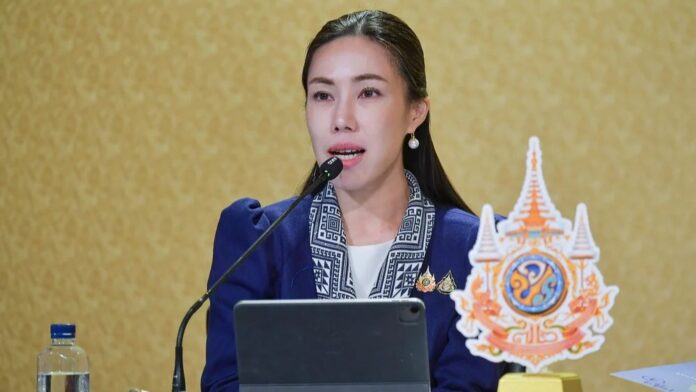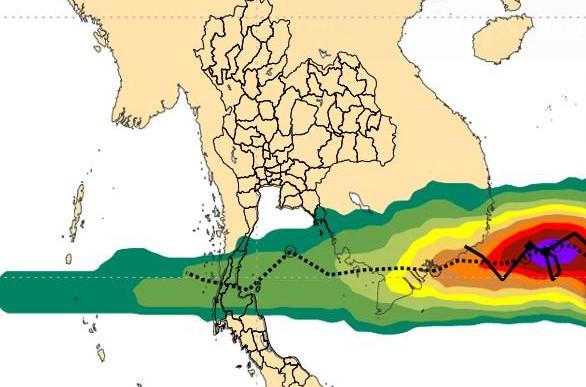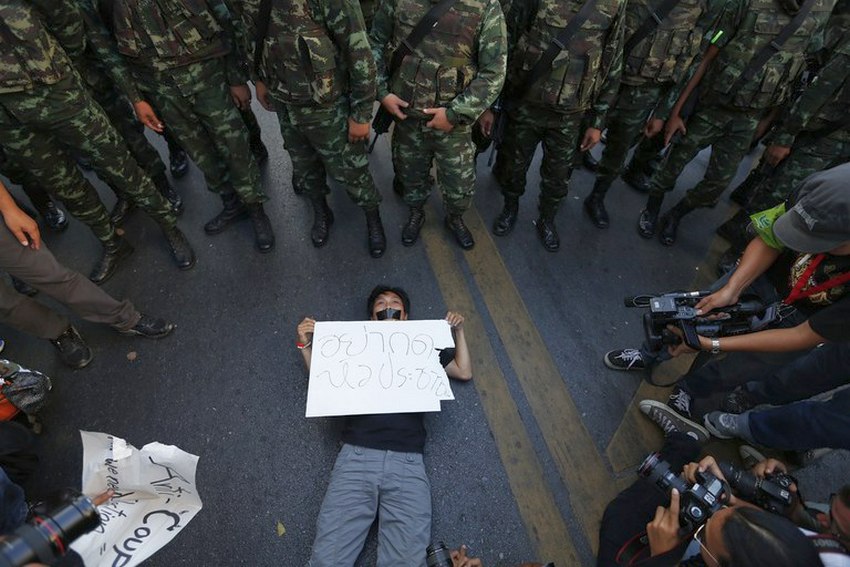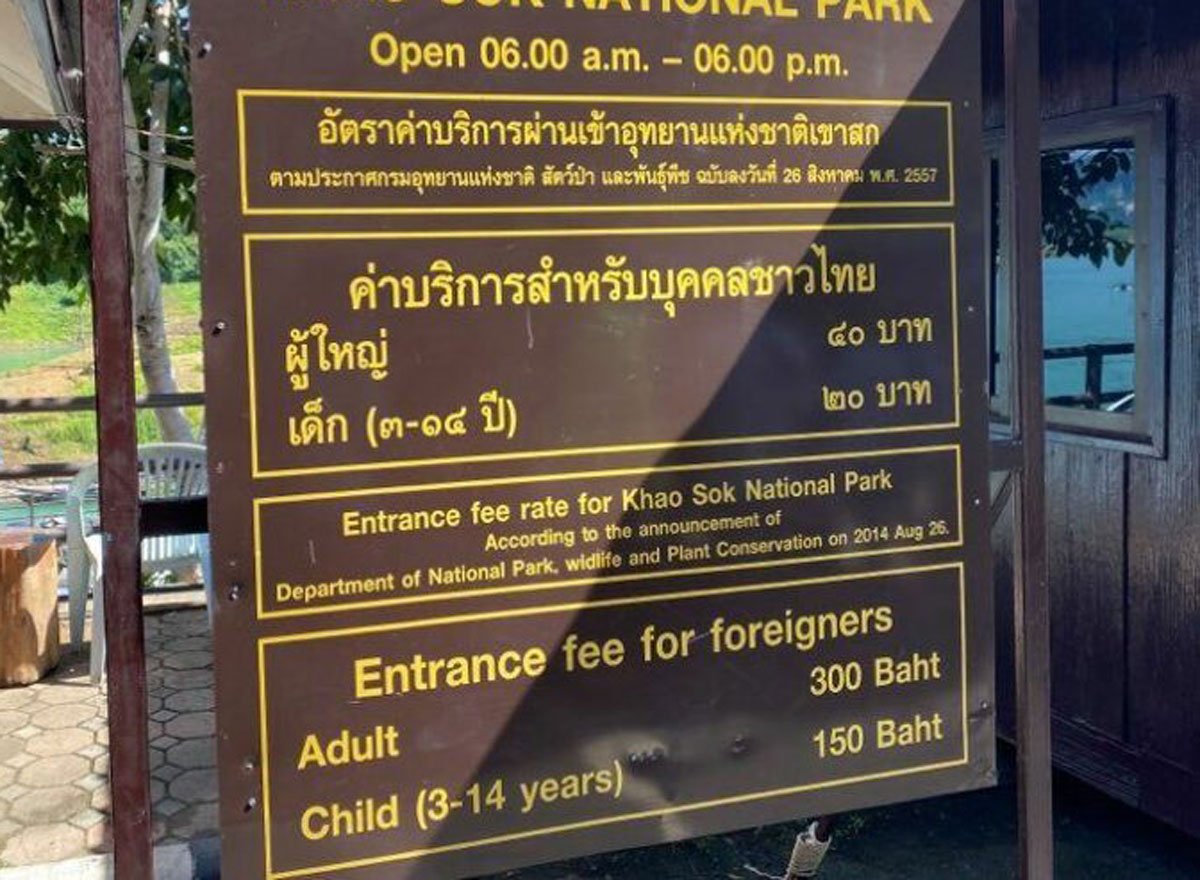
FILE photo for reference only. Courtesy: Freepik
A holiday retreat in Thailand took a tragic turn when a Singaporean tourist and a Thai singer both reportedly died following massages in Phuket and Udon Thani.
Late last night, Lee Mun Tuck, a Singaporean tourist enjoying his stay in Phuket, met an unexpected fate. After a massage at a local parlour at Patong Beach, Lee collapsed and was later pronounced dead at Patong Hospital.
Authorities, led by Pol. Col. Chalermchai Hirasawat, are treating the situation with seriousness, with an autopsy underway to uncover the cause. While no visible wounds marred Lee's body, the suddenness of his death has left many in shock. Lee's unfortunate passing has prompted action from the Singaporean embassy to inform his relatives.
In a parallel event in Udon Thani, the loss of Thai singer Chanida Phraohom, known as Phing Chanida, has further stirred public concern. Chanida died today after an ordeal with a massage parlour that left her physically debilitated.
Her poignant social media posts reveal a harrowing account of her experience. What began as a routine shoulder massage to alleviate pain spiralled into a nightmare. Chanida described a sequence of treatments, during which her neck was manipulated, leaving her with severe pain, numbness, and eventual immobility.

Picture courtesy: AMARIN TV
Initially brushing off the discomfort as a typical post-massage soreness, Chanida's condition worsened after subsequent visits to the same parlour.
A third massage further aggravated her symptoms, leading to sensations of electric shocks and escalating numbness on her right side. Despite growing up with massages, as her mother was a masseuse, Chanida never anticipated such dire consequences.
These incidents have ignited a conversation on the safety and regulation of massage practices in Thailand. Massage is a cherished part of Thai culture, celebrated for its healing and relaxation benefits. However, these tragic cases highlight the potential risks involved, urging tourists and locals alike to approach massage services with caution and awareness.
For now, the families of Lee Mun Tuck and Phing Chanida mourn their untimely losses, as Thai authorities work to ensure that such tragedies are prevented in the future. Their stories serve as a sobering reminder of the importance of vigilance and safety in the pursuit of relaxation and relief.
As the investigations continue, the hospitality and wellness industries in Thailand may see heightened scrutiny and possibly new regulations, aiming to preserve the essence of Thai massage while safeguarding its patrons, reported Amarin TV.

-- 2024-12-09






















